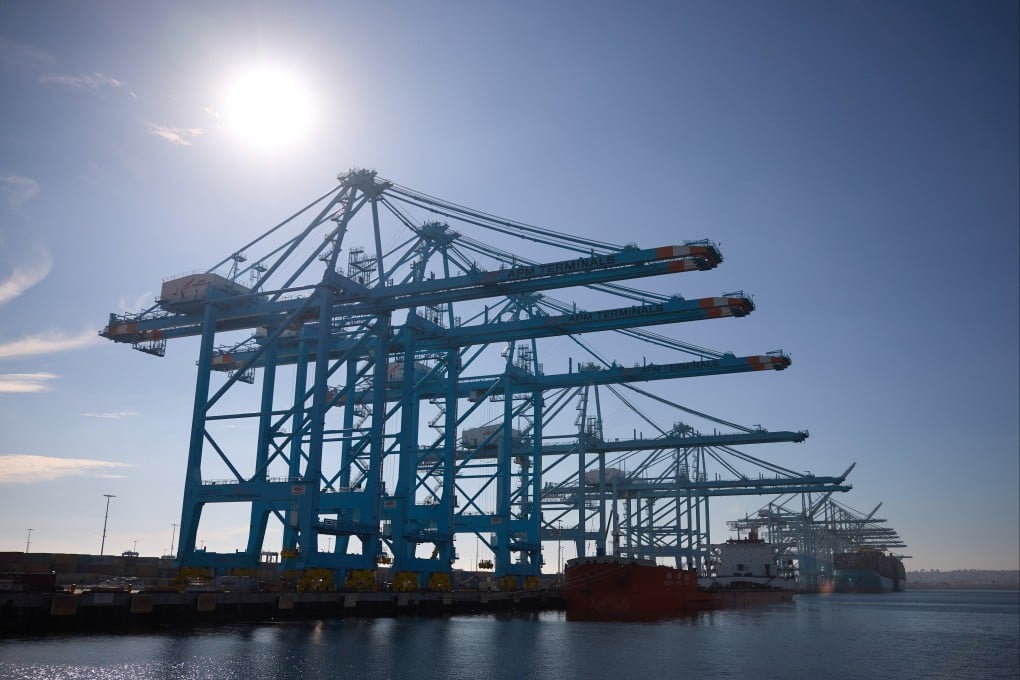South Korean businesses based in China eye Trump tariffs nervously
Relocating operations or restructuring supply chains remain costly and complex challenges

As US president-elect Donald Trump threatens to increase tariffs on imports from China, small foreign businesses operating factories in the country are deeply concerned about the potential fallout.
Many see no easy way out because relocating operations or restructuring supply chains remain costly and complex challenges.
Among them is a medium-sized South Korean make-up brush manufacturer that has operated a factory in northern China since 1997 and exports its products around the world. It worries that Trump’s threatened tariffs might see most buyers shift their sourcing out of China or ask it to share the tariff costs or reduce product prices accordingly.
Offshoring is not a viable option either, said director Miyun Byun, who asked that the name of the company not be disclosed due to concerns about the sensitivity of the situation.
“If we were to relocate to another country, we would likely struggle to establish stable operations before the end of President Trump’s term,” she said.
Like many other labour-intensive industries, the global make-up brush supply chain has become highly concentrated in China over a number of decades, particularly in Cangzhou, a city in Hebei province that has become a major producer of make-up brushes.
